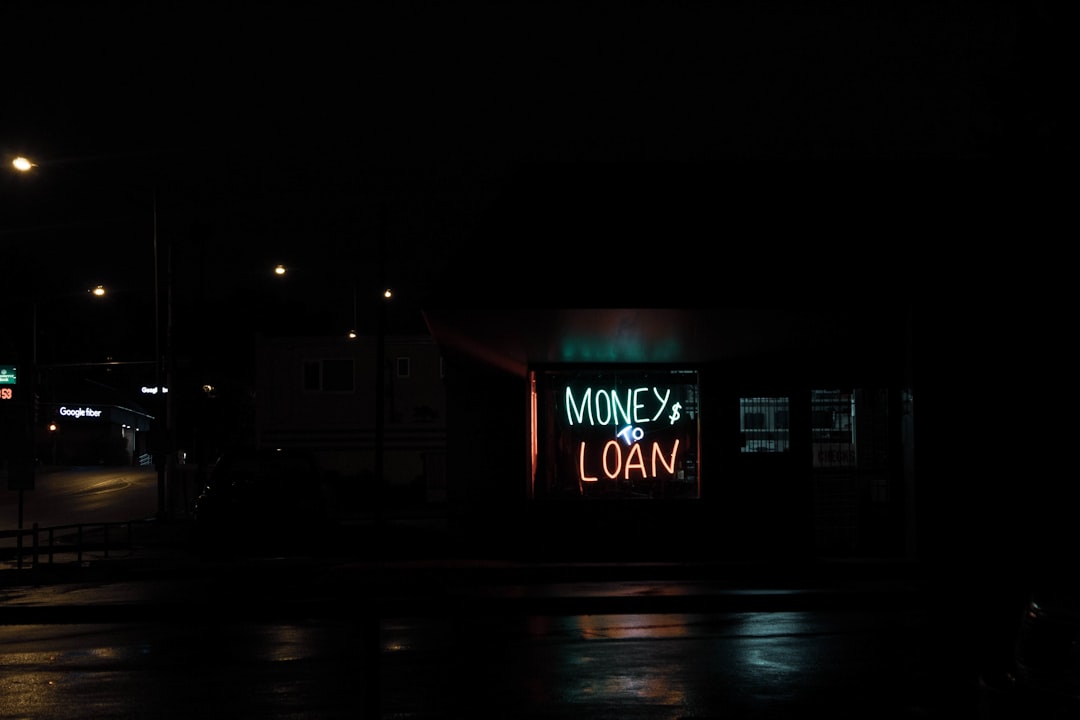Secured Debt Consolidation Loans help homeowners merge multiple debts with lower interest rates and one monthly payment, backed by home equity. However, these loans carry risks like foreclosure upon default, stringent eligibility, extensive paperwork, and potential increased payments if rates rise.
Considering a homeowner consolidation loan? Secured Debt Consolidation Loans can be a powerful tool for managing debt, offering lower interest rates and simplified repayment. By using your home as collateral, you gain access to larger borrowing limits. However, this decision isn’t without risks; defaulting could lead to foreclosure. This article breaks down the pros and cons, helping you understand if a secured debt consolidation loan is the right move for financial freedom.
Understanding Secured Debt Consolidation Loans

Secured Debt Consolidation Loans are a financial tool that allows homeowners to combine multiple debts into a single, more manageable loan secured by their home equity. This type of loan offers several advantages for borrowers dealing with high-interest rates and multiple repayment schedules. By consolidating, homeowners can simplify their financial obligations, potentially lower interest expenses, and enjoy the convenience of making one monthly payment instead of many.
These loans provide a straightforward means of debt management, as the lender uses the homeowner’s equity as collateral. This security gives lenders confidence to offer competitive terms, including lower interest rates and longer repayment periods. However, it’s crucial for borrowers to understand that securing a loan against one’s home means significant risks if they fail to make payments, potentially resulting in foreclosure. Therefore, careful consideration and a solid financial plan are essential before pursuing a secured debt consolidation loan.
Weighing the Pros and Cons of Homeowner Loans

When considering homeowner consolidation loans, it’s crucial to weigh both the advantages and disadvantages. Secured debt consolidation loans offer a clear benefit: they allow you to combine multiple high-interest debts into one manageable payment with potentially lower interest rates. This can simplify your finances and save money on interest over time. Additionally, using your home equity as collateral can make these loans more accessible for qualified borrowers.
However, homeowners should also be aware of potential drawbacks. If you default on the loan, you risk losing your home. The process involves a significant amount of paperwork and strict eligibility criteria, ensuring it’s not suitable for everyone. Moreover, if interest rates rise during the repayment period, your monthly payments could increase, making it more challenging to manage your finances in the long term.
Secured Debt Consolidation Loans offer homeowners a way to streamline their debts, but it’s crucial to weigh both the pros and cons before making a decision. By using your home as collateral, you can potentially secure lower interest rates and consolidate various debts into a single payment. However, this also means significant financial risk if you’re unable to repay the loan—a potential consequence that should not be taken lightly. Careful consideration is essential to ensure the best outcome for your financial situation.
